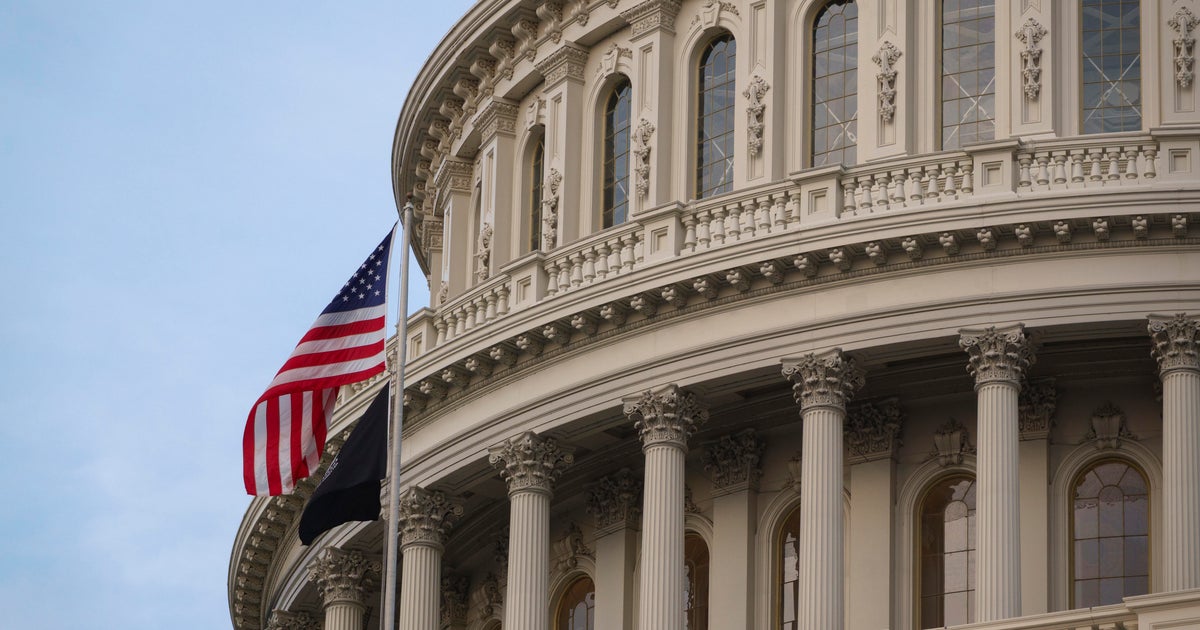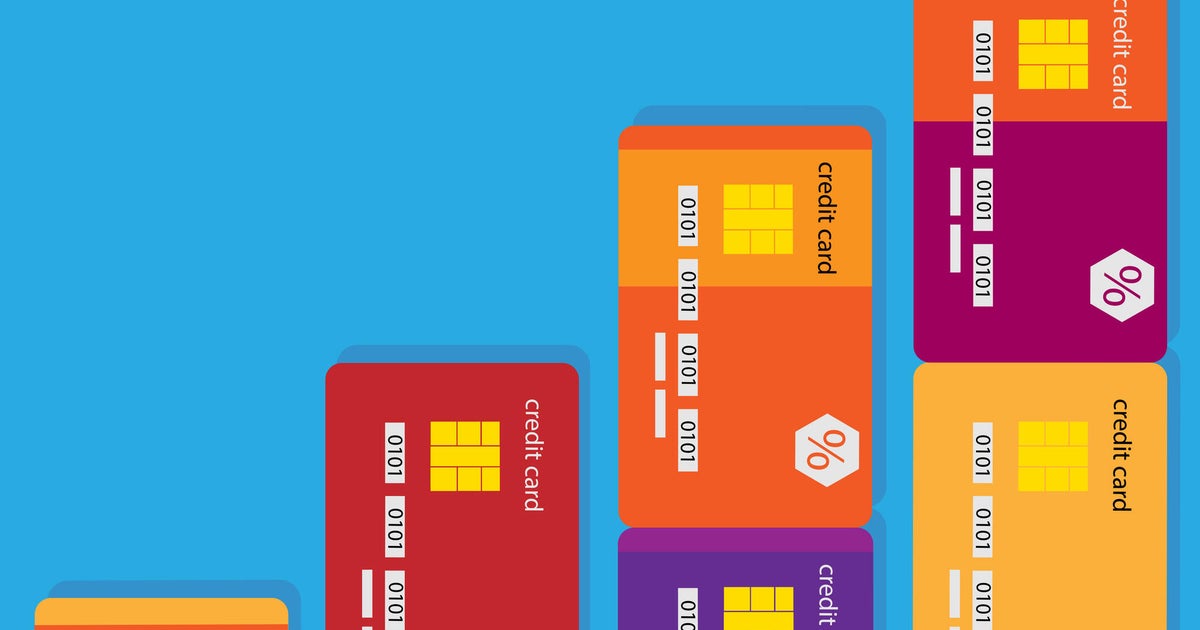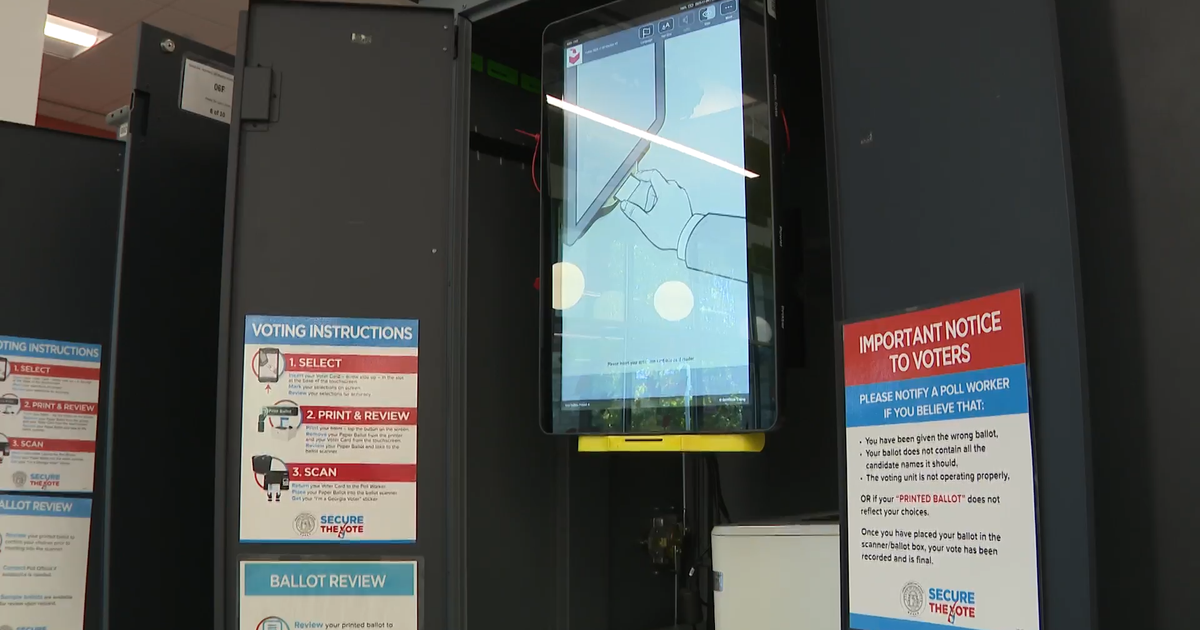Congress takes aim at 'swipe fees' for processing credit card purchases
BOSTON - Congress is taking aim at so-called "swipe fees." Those are the additional charges retailers have to pay whenever a customer pays with a credit card. It usually adds up to a little more than two percent on every purchase.
Retailers have long complained about the fees that apply to any transaction including online purchases, because they are non-negotiable. If you accept credit cards there is no way around them.
Legislation introduced in Washington this week hopes to change that.
"What the bill would do is mandate that merchants can choose from at least two networks for every transaction, and they couldn't both be Visa and Mastercard," explained Bankrate's Ted Rossman. "It could be one of those, maybe paired with Discover, or [American Express], or some of these smaller competitors that right now operate in the debit card space, companies like Nice and Star and Shazam," he said.
The idea is to open the door for more competition and possibly lower fees.
Supporters believe these lower fees would trickle down to lower prices for shoppers, but Rossman isn't so sure.
"I understand the fee argument, but let's face it, debit card fees were capped more than a decade ago and merchants didn't lower prices," he told WBZ-TV.
Rossman is also concerned about what this would mean for consumers.
"If this bill passes, consumers will face negative unintended consequences, namely we'd lose rewards (programs) because these interchange fees fund rewards programs," he explained.
Rossman is also concerned about the security of smaller processing companies.
Industry insiders say swipe fees have increased sharply the last few years and cost the average American family about $1,000 a year.








